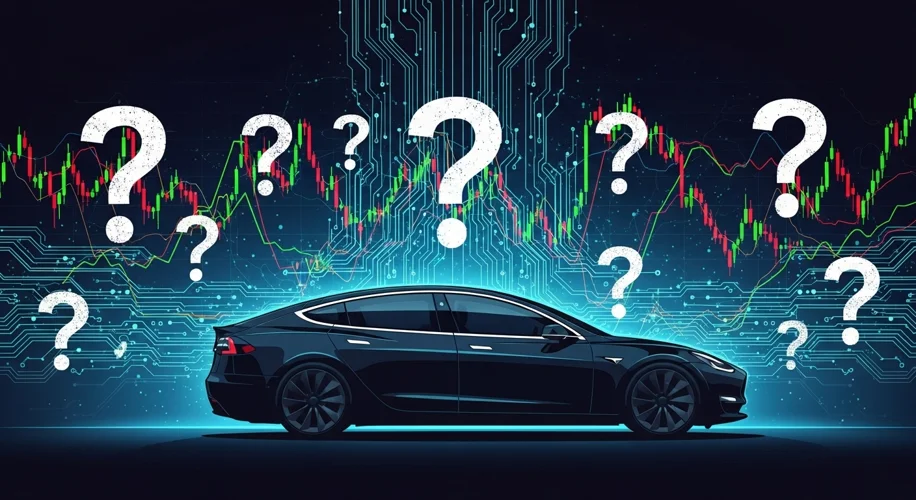Okay, so hear me out… Tesla’s valuation. It’s like trying to understand a black box, especially when you look at how things have been going with Elon Musk’s EV empire lately. As of July 28, 2025, figuring out what Tesla is really worth feels like a complex puzzle, and honestly, it’s kind of a head-scratcher.
We all know Tesla disrupted the car industry. They made EVs cool, and undeniably, they pushed the whole auto sector toward electrification faster than anyone thought possible. That momentum built up an insane valuation for a while, way beyond traditional carmakers. It was like, “Wow, they’re not just building cars, they’re building a tech company, a software company, a future company!”
But here’s the catch: the EV market isn’t the niche it used to be. More and more traditional automakers are rolling out impressive electric models. Competition is heating up, and that changes the game. Plus, scaling up production, dealing with supply chains, and navigating global economic shifts are real challenges for any car company, Tesla included.
When a company’s valuation is heavily tied to future potential – think self-driving tech, AI, maybe even robotaxis – and that future takes longer to arrive or faces more hurdles than expected, the market starts to get nervous. Investors begin to question the assumptions baked into that high price tag.
Elon Musk himself is a huge part of the Tesla story. His vision and drive are legendary. But when his focus, or the public perception of his focus, shifts to other ventures, it can create uncertainty around Tesla. It’s not about whether he’s capable; it’s about how that perceived diversification impacts the core business and its market valuation.
So, why is it so hard to read?
- Future vs. Present: A big chunk of Tesla’s value is in what it might become (full self-driving, energy solutions, etc.), not just what it is now (a car manufacturer). When those future promises face delays or competition, the present reality can seem less impressive compared to the stock price.
- Intense Competition: The EV landscape is evolving rapidly. Established players are catching up, and new startups are emerging. This means Tesla isn’t the only game in town anymore, which naturally affects its market dominance and, by extension, its valuation.
- The Musk Factor: Elon Musk’s personal brand and his involvement in multiple high-profile companies create a unique dynamic. Market sentiment can swing wildly based on his announcements or activities, sometimes overshadowing the company’s operational performance.
In my humble opinion, understanding Tesla’s valuation right now requires looking beyond just car sales. It’s about the interplay of technological innovation, market competition, and the unique leadership of Elon Musk. It’s a fascinating case study in how a company’s perceived future can dramatically influence its present market value. What do you guys think? Let me know in the comments!

